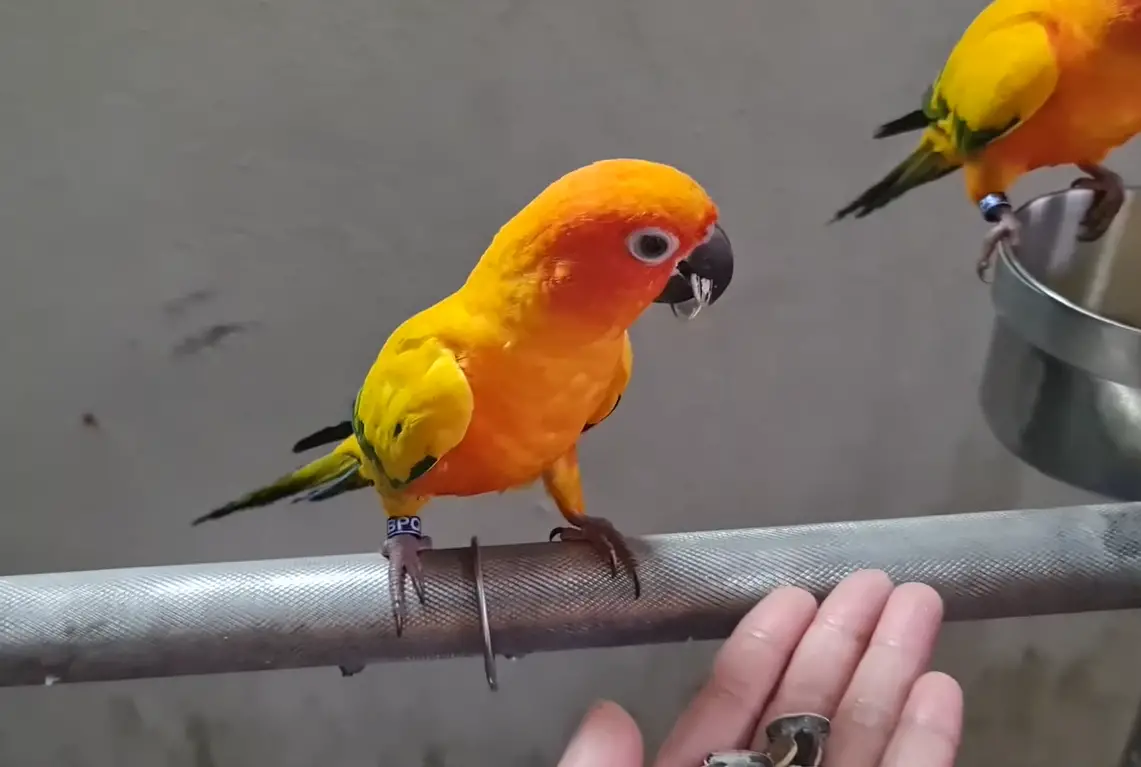Can Conures Eat Sunflower Seeds?
Conures, with their vibrant plumage and playful personalities, have captivated bird enthusiasts for generations. But beyond their charming antics, ensuring their well-being requires careful consideration of their dietary needs.
One particularly tempting treat, the sunflower seed, sparks a familiar debate: can these oily delights be safely incorporated into a conure’s menu?
Sunflower seeds, with their irresistible aroma and satisfying crunch, are often seen as a quintessential bird treat. However, their nutritional profile presents a unique dilemma. While undeniably delicious, their high fat content raises concerns about potential health risks for our feathered friends.
In this exploration, we will delve into the complex relationship between conures and sunflower seeds. We’ll examine the nutritional value of these tempting treats, assess their potential drawbacks, and discover strategies for offering them safely and responsibly. Ultimately, we aim to answer the pressing question: can conures enjoy the sweet crunch of a sunflower seed without compromising their vibrant health?
Related post-
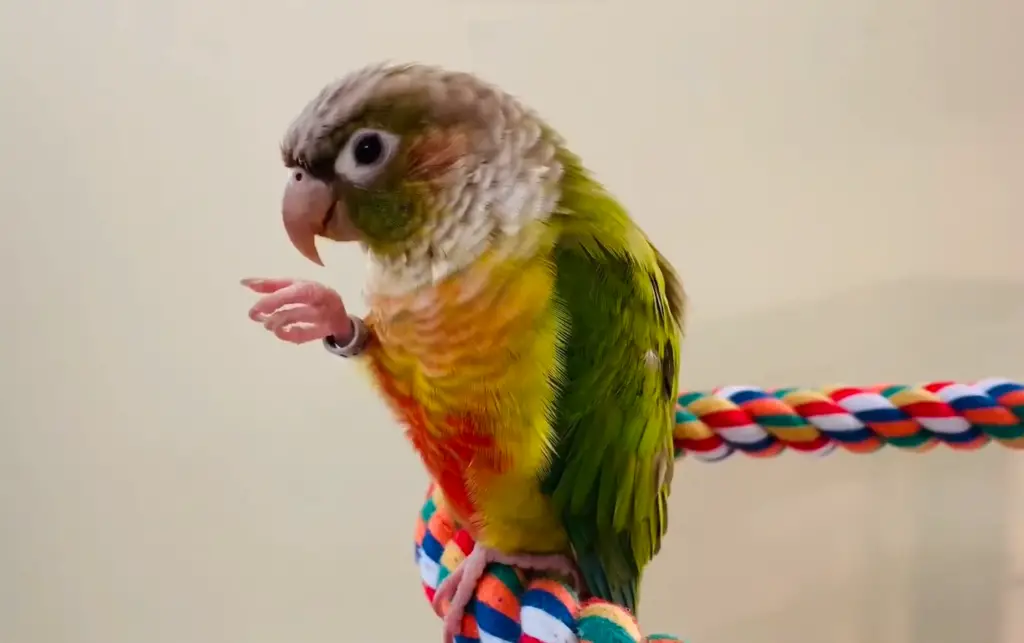
Can Our Feathered Friends Munch on These Oily Delights?
For our feathered friends, conures, these tempting treats come with a little more caution than a sprinkle on our salads. While not the avian equivalent of poison apples, their high fat content makes them more like the occasional chocolate chip in a cookie – delicious, but best enjoyed in moderation.
Think of it like this: conures are little hummingbirds of energy, zipping around their cages with seemingly endless pep.
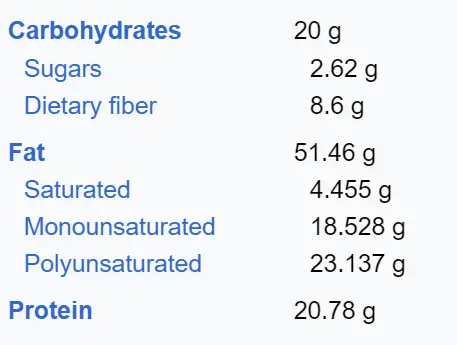
Sunflower seeds, with their hefty dose of fat, are like pouring gasoline on that tiny engine. Sure, it might give them a temporary burst, but long-term, it can lead to fatty liver disease, a sneaky little problem that messes with their internal workings and overall health.
Imagine their livers like hardworking factories, diligently processing nutrients. Too many sunflower seeds, and those factories get overwhelmed, throwing everything out of whack. Not a good look for our feathered pals.
Lack of other Nutrients
Vitamin A is like the magic paintbrush that keeps their feathers vibrant and their vision sharp. Sunflower seeds, while offering protein and some other vitamins, are kind of like crayons – not quite what they need to paint a masterpiece.
To keep those feathers gleaming and those eyes bright, we need to balance things out with vitamin A-rich fruits and veggies, like juicy melons and bright carrots. Think of it like giving them a whole rainbow of paints to play with!
So, can our conures enjoy the occasional sunflower seed crunch? Absolutely! But just like us humans, they need a diverse and balanced diet to truly thrive.
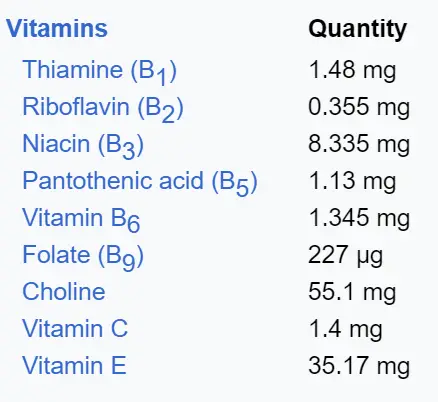
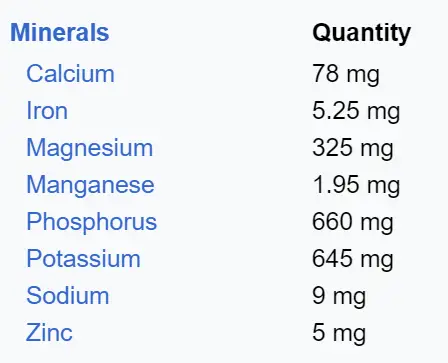
I know you’re thinking, sunflower seeds have a good amount of calcium. Calcium is important for birds. But the amount of phosphorus required for this calcium absorption is much higher than that in sunflower seeds. As a result, calcium is not fully absorbed.
Research has shown that only calcium can be absorbed if the ratio of calcium:phosphorus is 1:2. There are 1:8 in sunflower seeds.
Think of those seeds as special sprinkles on their salad, not the main course. Offering them sparingly alongside a nutritious foundation, we can ensure our beloved conures savor the occasional treat without compromising their vibrant health and long-term well-being. It’s a win-win, with happy birdies and happy bird keepers!
Remember, conures are curious little creatures, and just like us, they love variety. So while sunflower seeds can be a fun occasional treat, don’t forget to explore other options like dried fruit, nuts (in moderation!), and even cooked pasta or rice.
With a little creativity, you can create a delicious and nutritious feast for your feathered friend that will keep them singing (or squawking!) with joy.
How to Safely Offer Sunflower Seeds to Your Conure
Here are some ways to sprinkle sunflower seeds into your conure’s life without turning it into a greasy mess:
- Sparkle, Sparkle, Little Seed: Stick to offering sunflower seeds as occasional treats, not staple snacks. Think tiny treasures rather than overflowing treasure chests.
- Training Tricks: Use sunflower seeds as rewards during training sessions. This motivates your feathered friend to learn new skills and keeps those treats in control.
- Shell Yeah!: Opt for sunflower seeds in their shells. This encourages natural foraging behavior and provides beak exercise. Just keep an eye out for potential crop impaction, especially with smaller conure species.
- Get Sprouting!: Sprouted sunflower seeds are easier to digest and boast increased nutritional value. Win-win!
- Diversity is Key: Remember, sunflower seeds are just one piece of the puzzle. Offer a balanced diet rich in fruits, vegetables, pellets, and other suitable seeds to keep your conure happy and healthy.
Beyond the Seed
Sunflower seeds might be tempting, but don’t forget there’s a whole world of delicious and nutritious treats out there for your conure! Explore dried fruits, chopped nuts (remember, moderation!), cooked pasta or rice, and even a dash of scrambled eggs. With a little creativity, you can create a feast fit for a feathered king (or queen)!
Beyond the Sunflower: Delightful Alternatives for Your Conure’s Diet
While sunflower seeds might hold a special place in our hearts (and beaks!), offering your conure a diverse and balanced diet is key to their health and happiness.
Thankfully, the world of bird treats is a veritable smorgasbord of delicious and nutritious options! So, let’s dive into some fantastic alternatives to sunflower seeds:
Alternative Seeds
Pumpkin Seeds: Rich in vitamins and minerals, pumpkin seeds are another great low-fat option. Just remember to go easy on these nutty delights, as they can still pack a bit of a punch.
Millet Sprays: These fluffy seed clusters provide hours of foraging fun and mental stimulation for your conure. Plus, they’re relatively low in fat and a good source of fiber. Think of them as a delicious puzzle your feathered friend can solve with their beak!
Vitamin Vistas
Fresh Fruits and Vegetables: Nature’s candy is packed with vitamins, minerals, and water, all essential for a healthy conure. From juicy berries and crisp carrots to leafy greens and sweet apples, the possibilities are endless. Let your conure’s taste buds take a tropical vacation!
Sprouted Legumes: Lentils, chickpeas, and mung beans, when sprouted, become nutritional powerhouses. They’re rich in protein, vitamins, and enzymes, making them a perfect addition to your conure’s diet. Think of them as tiny health bombs bursting with goodness!
Protein Pals
Cooked Pasta or Rice: A small amount of cooked pasta or rice can be a fun and filling treat for your conure. Just make sure it’s plain and avoid adding any seasonings or oils.
Hard-boiled Eggs: A tiny sliver of hard-boiled egg is a great source of protein and calcium for your conure. Think of it as a miniature power-up snack!
Remember
- Moderation is key: Even with healthy alternatives, always offer treats in moderation and alongside a balanced diet of pellets, fruits, vegetables, and grains.
- Consult your vet: Every conure is an individual, so consult your avian veterinarian for personalized dietary advice based on your bird’s species, age, and health needs.
Conclusion: A Symphony of Seeds and Smiles
The journey through the world of conure nutrition has been a delightful one, revealing the tempting allure of sunflower seeds and their role in a balanced diet.
We’ve learned that while these oily treats can be enjoyed as occasional sprinkles of sunshine, moderation is key, just like with any indulgence.
Remember, our feathered friends thrive on diversity, so don’t shy away from exploring a smorgasbord of alternatives. Swap the sunflower seeds for crunchy safflower or pumpkin delights. Let them paint their days with vibrant fruits and vegetables, and offer protein-packed treats like sprouted legumes and cooked grains.
So, as you watch your conure crack open a seed with its mischievous beak, remember that true happiness lies not in a single treat, but in a balanced and loving approach to their care.
With a sprinkle of knowledge and a whole lot of care, you can ensure your feathered friend enjoys a vibrant life filled with chirpy songs and endless sunshine, both seedy and sweet.
And remember, every conure is an individual, so don’t hesitate to consult your avian veterinarian for personalized dietary advice. They can help you create a meal plan that keeps your feathered friend soaring high on the wings of health and happiness for years to come.
Let the symphony of seeds and smiles begin!
Reference:
The diet of adult psittacids: veterinarian and ethological approaches
